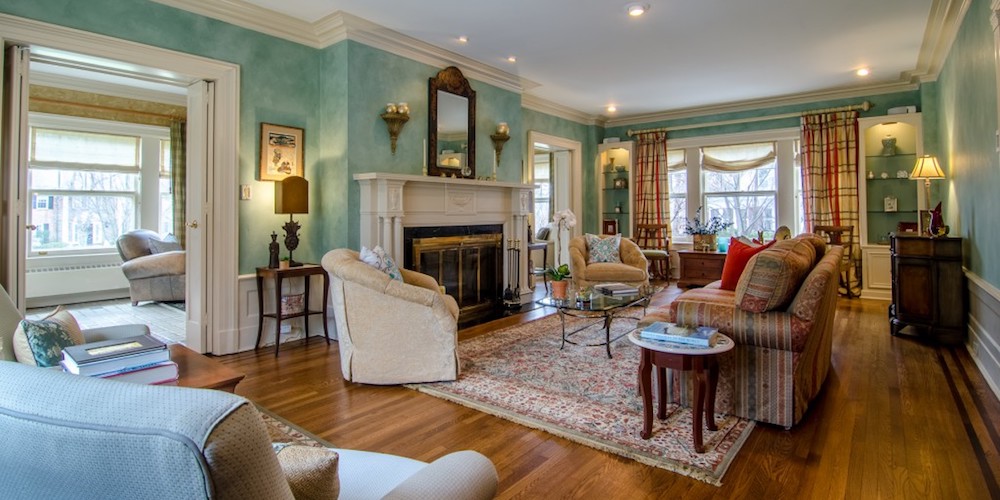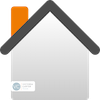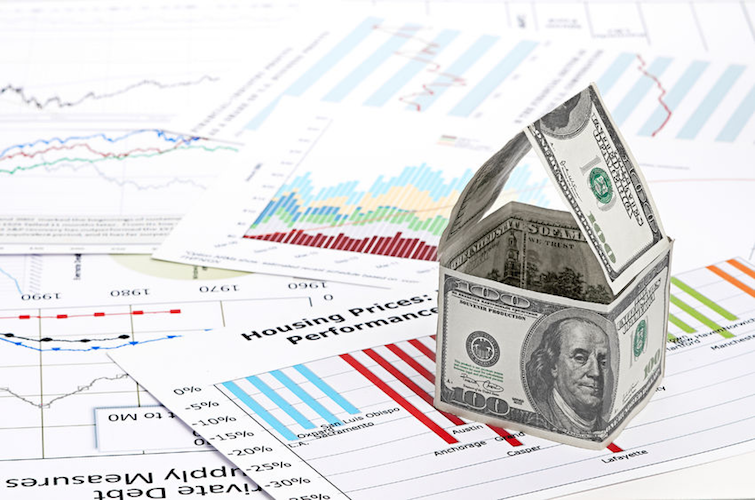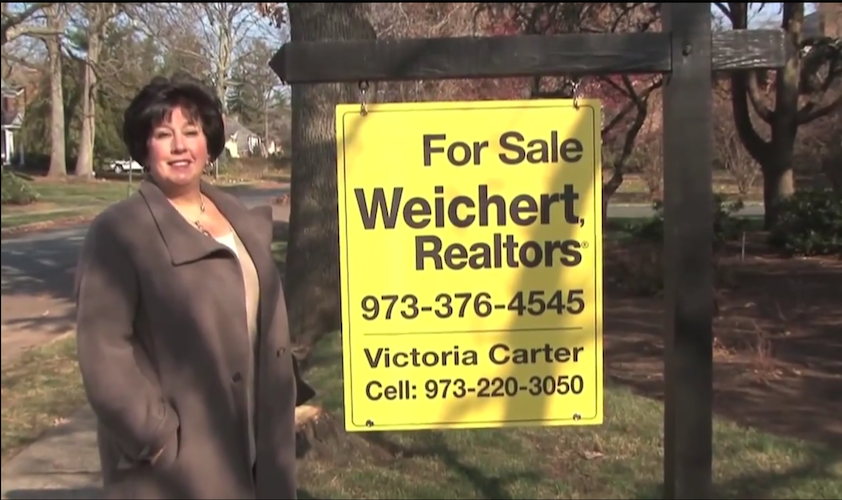
STEP FOUR: PARTNERING WITH THE RIGHT REAL ESTATE AGENT
07/30/2017
STEP FIVE: HOME STAGING
07/31/2017 STEP SIX: SETTING A PRICE
STEP SIX: SETTING A PRICE
Deciding on the right price isn’t easy. Pricing is one of the most crucial aspects of your marketing effort. Set too high a price and your home may languish on the market – too low and you may get thousands less than you could have.
- Work with Your Agent
Your agent is in the market every day – no one can offer you a better view of pricing and sales activity. Once your agent is familiar with your home and its features, he or she can prepare a comparative market analysis and propose a listing price. Seriously consider this pricing, but don’t be hesitant to disagree or suggest another figure – just try to be realistic. - Consider Market Conditions
Real estate markets are highly cyclical. While home prices have typically risen over extended periods of time, the road is sometimes a bumpy one. The price you will get for your home – and the time it will take to get it – depend to a great extent on the overall state of the market. Our guide to Evaluating Real Estate Marketscan help you figure out how to proceed.- Evaluating Real Estate Markets
Real estate markets are extremely cyclical, with pricing and demand greatly influenced by interest rates and economic conditions. Flexible buyers and sellers can often do very well by timing their entry into the market.- Choose a Weak or Strong Market?
Most people who buy a home also have one to sell. Thus, except for first-time buyers, it may be difficult to determine the most advantageous time to enter the market. It’s important to consider all aspects of the transaction – the homes being bought and sold, interest rates, time pressure, etc. – to determine what is best for you. - When is a Weak Market Best?
Generally, it is advisable to act during a weaker market when moving up – purchasing a more expensive home – since a bargain on an expensive new home will offset losses on the old one. - When is a Strong Market Best?
If you are downsizing – moving to a smaller home – you may want to act during a strong market to maximize gains on your larger, current home. Retirees and empty nesters are the primary members of this group. Since a home is a major asset, choosing the right time to sell and then buy a smaller property can have a major impact on retirement savings. - Signs of a Weak Market
A weak market is characterized by large numbers of homes on the market and stable or declining prices. During such times homes tend to sit on the market for fairly long periods, and sellers may have difficulty finding buyers – so this is the time to find a real bargain. - Signs of a Strong Market
A strong market is characterized by appreciating prices, tight inventories, and short selling times. Buyers may have a difficult time finding a suitable property in their price range. - Signs of an Overheated Market
Overheated markets are characterized by rapidly increasing prices, extremely low levels of available inventory, and bidding wars for attractive properties. While obviously an ideal time to sell a home; buyers should exercise extreme caution when purchasing during an overheated market. Prices almost always contract sharply when the economy falters. - Market Lag
Popular perceptions and pricing often lag behind the actual turn of a market. For example, prices are often slow to react to the onset of adverse economic conditions, as sellers and agents are reluctant to accept the change until properties have languished on the market long enough to force price reductions.
- Choose a Weak or Strong Market?
- Evaluating Real Estate Markets
- Be Objective About Your House
It’s important to be objective about your home when setting pricing. Remember, it’s really not relevant what you paid or how much you love the property – the important consideration is what the market will bear at this time. - How Quickly Do You Need to Sell
Setting real estate prices is not an exact science. A low asking price may generate a fast sale, while a bit of patience – and a higher listing price – may allow you to net a larger figure. It’s important to be honest with yourself about your needs when setting a price. Our Quick Sale Checklist can help you decide if it makes sense to accept a bit less in return for a faster sale. - Quick Sale Checklist
In many instances, a quick sale is advantageous, or even essential. If any of the following situations applies to you it may be worth pricing a little lower in order to obtain a buyer more quickly.- You are closing on a new home
If you’ve already found a new home, carrying both properties will quickly add up to more than you can realize by waiting for a higher sale price on your existing property. - You are under financial pressure
If you are under pressure to sell your home to meet other financial requirements it may make sense to secure a quick sale and attend to these issues. - You are moving out of the area
If you are being transferred or are relocating to another area you probably want to complete a sale before you leave. Dealing with the marketing effort from a long distance – and probably traveling back and forth – may be more trouble and expense than it is worth. - You think the market is about to drop off
If you think that the real estate market is going to decline soon it is probably worth pricing for a quick sale. If you are right about the market, it’s likely that you’ll end up getting no more – and maybe less – if you wait. - You don’t want to wait
Depending upon your situation and frame of mind, you may simply decide that it is worth taking a few dollars less to be done with the whole thing. If this makes financial sense to you – and promises to improve your quality of life – it is probably the smart move.
- You are closing on a new home
- Is Your Home Overbuilt?
Generally, nicer homes yield higher sales prices. This relationship begins to diverge a bit, however, near the top of the market. Overbuilt homes rarely sell for the prices it appears that they should. Buyers in the price range of the overbuilt home are generally interested in more upscale communities, while the typical buyer for the area cannot afford to pay a significantly higher price. If your home is overbuilt you may have to accept the fact that you won’t be able to get the price you think you should.





